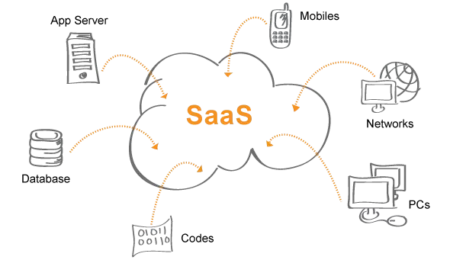Debt Management: The Key to Financial Freedom

Debt is a part of life for many people. It’s the result of using credit to pay for things that you can’t afford right now. But, with the right approach, you can manage your debt and work towards financial freedom. Debt management refers to the process of managing one’s debts and liabilities in an effective and efficient manner. This typically involves creating a plan to pay off debts, setting a budget to avoid taking on new debt, and prioritizing the repayment of high-interest debt first. It can also involve negotiating with creditors for lower interest rates or more favorable repayment terms. The goal of debt management is to become debt-free, improve credit score and achieve financial stability.
Debt management provides several benefits, including:
Reduced monthly payments: Debt management programs can help reduce monthly payments by negotiating lower interest rates and payments with creditors.
Simplified finances: Debt management plans consolidate multiple debts into one monthly payment, making it easier to manage finances and keep track of payments.
Improved credit score: Making timely payments on a debt management plan can help improve a person’s credit score over time.
Reduced stress: Having a plan to pay off debt can reduce stress and provide a sense of financial security.
Avoided bankruptcy: Debt management can help individuals avoid bankruptcy by providing an alternative solution for managing debt.
Debt management guide
Here are some tips to help you get started;
Make a budget: The first step in managing your debt is to understand where your money is going. Make a budget that lists your income and all your expenses. This will give you a good idea of how much money you have left over each month to put towards paying off your debts.
Prioritize your debts: Make a list of all your debts and prioritize them by interest rate. Pay off the debt with the highest interest rate first. This will save you the most money in the long run.
Avoid taking on more debt: While you’re paying off your debts, it’s important to avoid taking on more debt. Avoid using credit cards or taking out loans unless it’s absolutely necessary.
Make more than the minimum payment: If possible, make more than the minimum payment on your debts. This will reduce the amount of interest you pay and help you pay off your debts faster.
Consolidate your debts: If you have several debts with different interest rates, you may be able to consolidate them into one loan with a lower interest rate. This can save you money in the long run and make it easier to manage your debt.
Get professional help: If you’re struggling to manage your debt, consider getting professional help from a financial advisor or a credit counseling service. They can help you develop a plan to get out of debt and provide you with support and guidance along the way.
In conclusion, debt management is essential to achieving financial freedom. By making a budget, prioritizing your debts, avoiding new debt, making more than the minimum payment, consolidating your debts and seeking professional help when necessary, you can take control of your finances and work towards a debt-free future.
Subscribe below to receive business related emails.
subscribe below to receive business/consumer related emails from sumbor.






